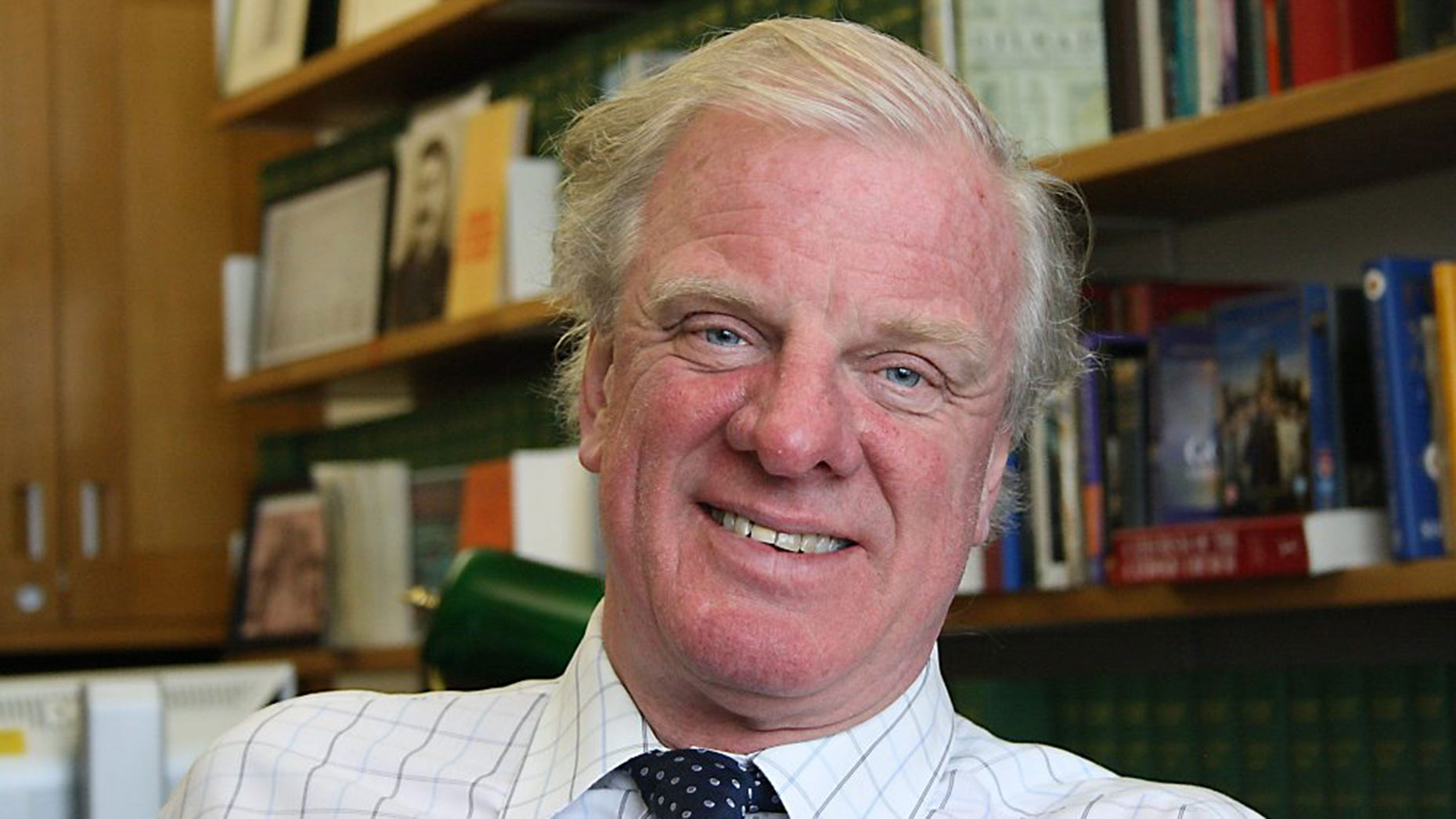As one year closes and another one dawns it is this time of year that provides an ideal opportunity to reflect on the year behind us.
So many expectations of what would happen in 2017 have been confounded. Certainly in January the idea of a general election was not even on my radar, and yet by the summer the prime minister would have taken the small majority she inherited and lost it in humiliating fashion.
It is easy to enjoy the warm embrace of nostalgia and think back to a time when we Conservatives thought that Labour, led by Jeremy Corbyn, were unelectable and that the folly of choosing such a leader guaranteed us our seats on the government benches for a solid decade.
As the spring rolled by, such an analysis seemed to be confirmed: Certainly here in Lincolnshire, as the number of Conservative county councillors swelled to 58 out of a possible 70, at the local elections Mrs May’s gamble seemed to be a certainty.
Such hopes soon turned to ash with the exit poll and then the final result. Nevertheless here we are; still in government, propped up by the Democratic Ulster Unionists from Northern Ireland.
With hindsight, of course, it is easy to criticise the decision to hold an early general election. It is clear to me that this year may prove to be one of those years where the political kaleidoscope is given a good shake and new patterns emerge in our politics.
The Brexit vote at the end of June 2016 was like a stone being dropped in a pond. The ripples and waves in the water resonating out.
This year, those waves hit the shore and bounced back creating unsettled waters.
More recently we have seen how important a deal is to the European Commission, when the DUP refused to support the preliminary stage 1 deal, led to frantic negotiations to find a position that worked for everyone.
When they want to get something sorted it happens at pace. The first stage agreement is now secured and we can now move on to the more complex trade and future relationship aspects of the negotiations.
It is a credit to the prime minister that we are making such progress and I welcome that. There is still more to do, but many people thought we wouldn’t get this far, but our commitment and perseverance to deliver the democratic will of the British people must not be derailed.
I recently asked for a share of the European Union’s wine cellar to be returned to us upon our leaving the EU. With over 42,000 bottles in their possession, that would make for a great start to celebrate our freedom and the restoration of our sovereignty.
Of course the role of being a Member of Parliament means focusing on local issues; too often the focus is on these important nation issues.
Perhaps the most pleasing aspect of this year was the step-change in Gainsborough. The district council is really getting into its stride with a number of ambitious projects to breathe vitality back into the town.
There is a flagship new Lidl store just opened, the former Sun Inn has been demolished and will soon be replaced with a new hotel and restaurant – filling an important gap in the town’s offer.
There are also plans for the waterfront, heritage assets in the town centre, regeneration of the Market Place & Market Street and the plans to build a crematorium.
New Year’s resolutions
In 2018 I will continue to do my best for local residents, campaigning on local issues and fighting for our corner of Lincolnshire in Westminster.
I know that keeping up pressure to make sure that we get broadband properly rolled out to rural areas will continue next year, as to will my efforts to fight the closure of local facilities like bank branches.
I wish each and all a peaceful Christmas and a happy New Year.






